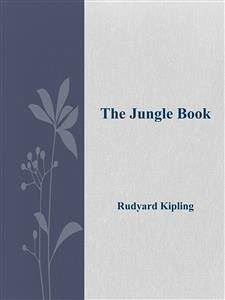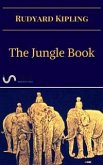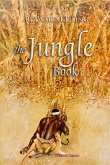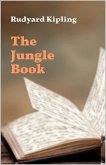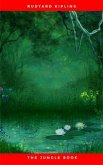Joseph Rudyard Kipling (30 December 1865 – 18 January 1936) was an English author and poet. Born in Bombay, British India (now Mumbai), he is best known for his works of fiction The Jungle Book [1894] (a collection of stories which includes Rikki-Tikki-Tavi), Kim [1901] (a tale of adventure), many short stories, including The Man Who Would Be King [1888]; and his poems, including Mandalay [1890], Gunga Din [1890], and If — [1910]. He is regarded as a major "innovator in the art of the short story"; his children's books are enduring classics of children's literature; and his best works speak to a versatile and luminous narrative gift.Kipling was one of the most popular writers in English, in both prose and verse, in the late 19th and early 20th centuries. The author Henry James said of him: "Kipling strikes me personally as the most complete man of genius (as distinct from fine intelligence) that I have ever known." In 1907, he was awarded the Nobel Prize in Literature, making him the first English language writer to receive the prize, and to date he remains its youngest recipient. Among other honours, he was sounded out for the British Poet Laureateship and on several occasions for a knighthood, all of which he declined.Later in life Kipling came to be recognized (by George Orwell, at least) as a "prophet of British imperialism." Many saw prejudice and militarism in his works, and the resulting controversy about him continued for much of the 20th century. According to critic Douglas Kerr: "He is still an author who can inspire passionate disagreement and his place in literary and cultural history is far from settled. But as the age of the European empires recedes, he is recognized as an incomparable, if controversial, interpreter of how empire was experienced. That, and an increasing recognition of his extraordinary narrative gifts, make him a force to be reckoned with."
Bitte wählen Sie Ihr Anliegen aus.
Rechnungen
Retourenschein anfordern
Bestellstatus
Storno

